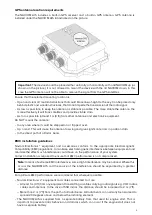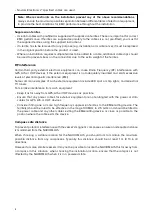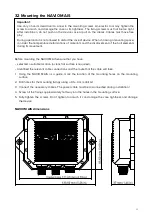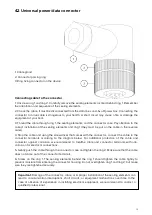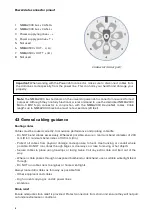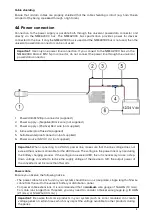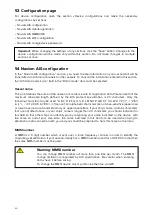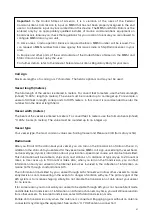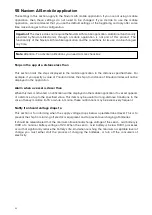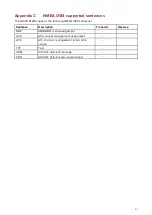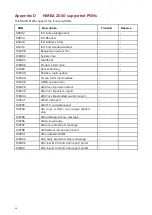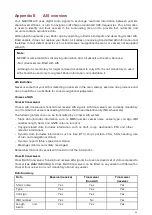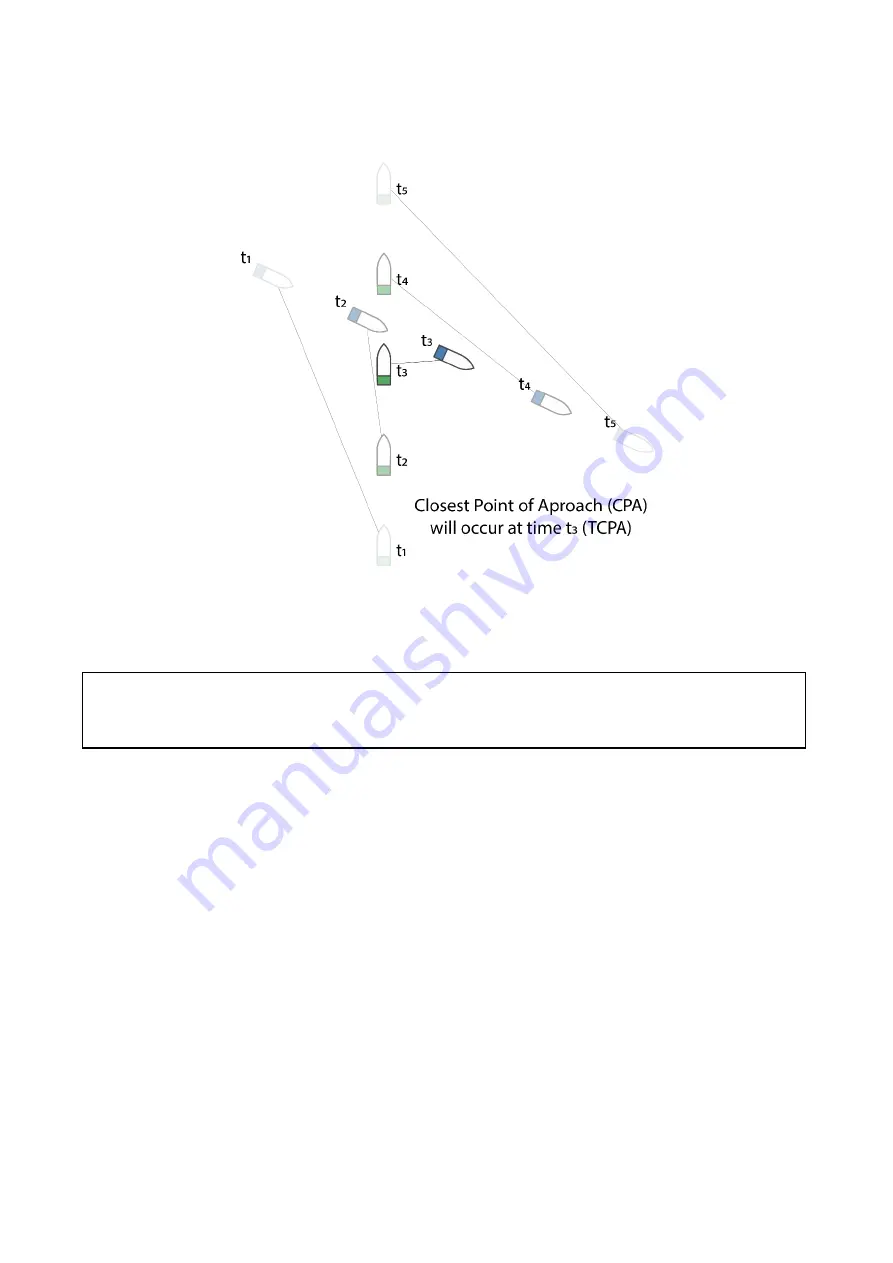
23
Closest Point of Approach (CPA) alarm
Closest Point of Approach (CPA) is the point at which the distance between your vessel and a
potentially hazardous vessel is minimal. Moreover, this point in most cases does not coincide with the
point of intersection of the courses of the two vessels.
The time to Closest Point of Approach (CPA) and the distance between the vessels at this point are
calculated by NAVIOM AIS based on the location, course and speed of the two vessels. When
maneuvering ships, this information is updated.
Notifications about a dangerous approach are sent to the mobile application if the current time of
approach and distance satisfy the conditions described in this
section
.
You can set the conditions under which a notification will be sent:
- The time during which the vessel reaches the Closest Point of Approach (CPA). Because a potentially
dangerous rapprochement can occur, for example, in a few hours, and it will be
early
to inform about
it, because during this time, ships can change their course or speed and, as a consequence, the
Closest Point of Approach (CPA) will change.
- The distance at which the ships end up at Closest Point of Approach (CPA). The distance between
the vessels at this point can be several tens of miles and there will be no need to inform about this
approach. Therefore, in this
section
it is necessary to specify a dangerous distance between the
vessels in your opinion. Despite the fact that NAVIOM AIS also adds the dimensions of a dangerous
vessel to this parameter. Please note that NAVIOM AIS may not have information about the
dimensions of a dangerous vessel and do not take them into account in the calculations.
- The minimum ship speed at which notifications are transmitted. If the speed of your vessel or a
potentially dangerous vessel is less than this parameter, then notifications will not be transmitted. If
this parameter is set to zero, then it will not be taken into account and notifications will be transmitted
regardless of the speed of the vessels. But it should be noted that when you are in the parking lot or
when you enter the parking lot, you may experience Closest Point of Approach (CPA) satisfying the
conditions above, but not requiring information about a dangerous proximity. This condition is
intended to exclude such notifications.
Important:
Please note that the time and distance to the Closest Point of Approach (CPA) are
calculated in relation to the GNSS installation points on two vessels, but the real time and distance
to CPA can be significantly different in case of large vessels
Summary of Contents for AIS
Page 1: ......

